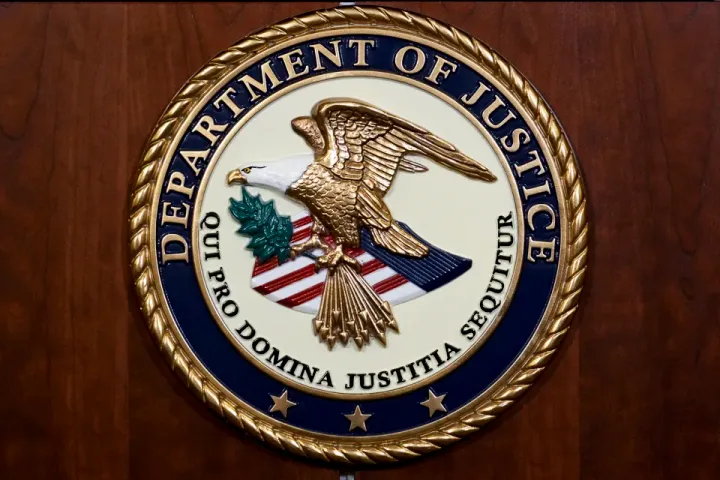Parent of FTX Victim Advocates Leniency in Bankman-Fried's Sentencing
Supporting letters from other concerned parents and acquaintances further show Bankman-Fried's positive attributes and contributions to society.

As the sentencing hearing for Sam Bankman-Fried, former CEO of FTX, draws near, Heather Ferguson, a parent of an FTX victim, has penned a letter to Judge Lewis Kaplan, urging leniency in the verdict. Ferguson's son suffered a substantial loss of approximately $130,000 when FTX went bankrupt in November 2022. Despite the initial distress, her son has displayed remarkable resilience and optimism, especially after learning that he would be refunded the full amount owed to him by FTX, according to a CNBC news report.
In her letter, Ferguson acknowledges the severity of Bankman-Fried's actions but emphasizes the mitigating factor of the potential reimbursement of customer funds. She suggests a sentence of around 70 months, considering the hopeful prospect of restitution for affected customers.
This plea for leniency is part of a broader effort by the defense to appeal to Judge Kaplan's sense of understanding and fairness. Bankman-Fried, convicted of all seven criminal counts against him, including wire fraud and conspiracy, faces a maximum sentence of over 100 years in prison.
Additionally, Ferguson highlights Bankman-Fried's emotional and behavioral disorders, including attention-deficit/hyperactivity disorder (ADHD) and depression, which may have influenced his actions. Supporting letters from other concerned parents and acquaintances further show Bankman-Fried's positive attributes and contributions to society.
However, the prosecution has advocated for a much harsher sentence, ranging from 40 to 50 years in prison, emphasizing Bankman-Fried's refusal to acknowledge wrongdoing. Despite the promise of full reimbursement through bankruptcy proceedings, many FTX victims feel undervalued and continue to suffer financial losses.
As Judge Kaplan weighs these factors, including Bankman-Fried's mental health and past behavior, the outcome of the sentencing remains uncertain. The case serves as a poignant reminder of the complexities surrounding white-collar crime and the balancing act between accountability and compassion in the justice system.




